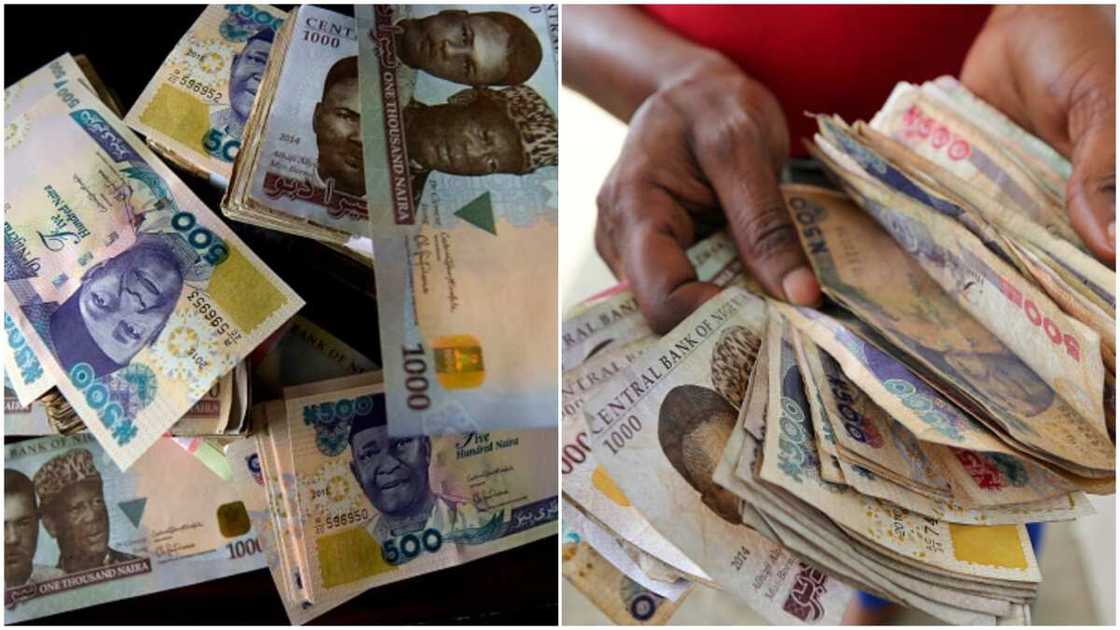5 Sure Ways to Spot Fake Naira Notes, Number 2 is very Easy
Identifying fake notes should be one important knowledge every user of money should have. Falling a victim to the pranks of counterfeit currency criminals could be a big blow to anybody.
PAY ATTENTION: Legit.ng is on a mission to support vulnerable children of Calabar – join the initiative on Patreon, let’s change more lives together!
To help you identify what is real from what is not, Legit.ng, therefore, compiled five easy ways to spot a decorated paper from an original naira note:
1. Check through mercury bulbs
This is a system that is common with financial institutions. If you have ever visited any Nigerian bank, you definitely must have seen it. The bulbs would catch any features the human eyes may not see.
2. Texture test
A quick way to check for the originality of the naira note is to check how it feels in the palm. If it is fake, the texture will be unusually soft. If this is the case and you are in doubt, return the note.

Read also
Emotional moment final year student kneels down for boy who hawks "pure water" to sign on his shirt goes viral

Source: Getty Images
3. Make use of water or liquid-like petrol
Since a fake note is a decorated currency, when you immerse it in liquid and wash it gently against your palm, the colours and watermark will wash off.
4. Go for the thread
Every naira note always has this. It is a thin-like ribbon that runs from the top to the bottom. You can even feel it. However, the reverse is the case when it comes to fake notes. What you would only see is a lookalike.
5. Check the gold foil
This foil always appears beside the signature of the governor of the Central Bank of Nigeria. One thing that separates the fake from the original is that while the fake could come off, the original would not.
PAY ATTENTION: Download our mobile app to enjoy the latest news update
Meanwhile, Legit.ng earlier reported that Sierra Leonean Leone, Guinea Franc, Malagasy Ariary were some of the weakest currencies on the continent. Fortunately, the naira did not make the list.
Despite the countries that own those currencies being rich in natural resources, their economies are down with a large portion of citizens wallowing in poverty.
---
Joseph Omotayo writes for the human interest desk at Legit.ng. He graduated from Obafemi Awolowo University with a degree in Literature in English. He loves basketball and books. He tweets @omotayome.
Source: Legit.ng



